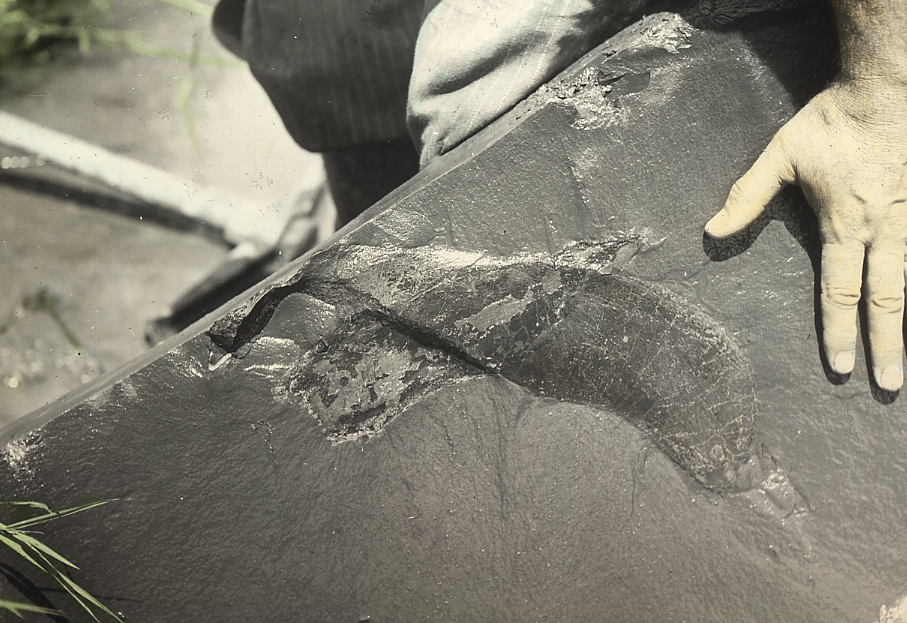
What kinds of books do we want to write? How can we, those of us who are heterotopian medieval critics and historians—think about, radically, how we construct our papers, essays, and books, in such a way that our bodies and others’ bodies are opened to each other, according to our politics? Many of us are historians of things in old books, or are book historians, or at least write or aspire to write things about texts we find in old books. What is a possible theory of the book for such medievalists as us? I think we need such theories—to fill Book History with radical recklessness. Also, to bridge Book Histories with a moment in which we need to learn about what kinds of books to make. What can we—we medievalists—say about what a book can do to a body today, today at the moment of Gautanamo? of AbuGrahib? Do we learn anything about what a book is for, what a book can do, and how we can refine our labor to produce such books, from Medieval practices? What are possible poetics of critical essays on medieval literature and history and language?
Well, Jacques Derrida announced “The End of the Book and the Beginning of Writing” long before I was a twinkle in the eye of any graduate seminar. So how can I ask these questions, today, which are about how poetic economies in a popular Romance can alter, theoretically, the functioning of a Medieval Book on the body of a reader, and what this might teach us about possible alternatives to what a book might do now. I think that the short romance Orfeo gives us its own hint about what a medievalist should talk about what a book can do to a body. Surviving within three Ms.s, and thus ostensibly ‘popular,’ the poem is famous for its tableau in the Fairy kingdom of bodies mid-brutal-death—which Jeffrey Cohen read last spring at Kalamzoo as an attempt to deaden the threat posed by memory of Celtic language and culture by freezing it, under a rock, in deep time. Such is a poem whose poetics are preoccupied with doing things to bodies.
And this is the first hint I will follow: poetics. Poetics provoke, and provoke well beyond the plans of any auctor. Poetics outlines, the chalk-outline, the always receding shoreline, of the call, the work and labor of language. I think we think to think alongside Heidegger’s thought, à la Poetry Language Thought to think such things, regardless of what we think of Heidegger. We need to think the poetics of the book, the history of poetics of books. The multi-author edited volume, such as BABEL’s recent book with Palgrave, bears testament to what might happen when we attend to such a construction, allowing a babel of critics in the same space at the same time. And, as medievalists, we are in a privileged position to think this history—a history which will have to link a phenomenology of a reader’s body with the closest readings of language, and careful attention to material condition of book production and the labors involved in producing as well as reading it.
But how do we consider a category like ‘poetics’ in the actual construction of our books? The rising popularity of print-on-demand book, for example, especially of low press-run books like those of medieval critics [even such as Stephen Justice’s infamous Writing and Rebellion, which is now laser and not offset printed, on demand, by University of California Press, as a quick check on the publisher’s page reveals if you have a recent-printed copy] reveal, like the so-called household manuscripts in which Orfeo appeared, that books might have a very strategic function, that they are constructed, and sometimes on an individual basis are for specific things. While Timothy A. Shonk dismisses the original hypothesis about the Auchinleck Ms. (the most famous home of the poem in question that book was produced in a bustling and well-organized London Bookshop, he does suggest that it was produced with a plan, of separate sections not ever intended for separate sale, but still produced by multiple scribes under the direction of a single scribes and then an artist who was the client was seeking a single volume which would fulfill the reading needs of his family and himself, much as people today order collections like the Harvard Classics.” (Timothy A. Shonk, “A Study of the Auchinleck Mansucript: Bookmen and Bookmaking in the Early Fourteenth Century,” Speculum (60:1, Jan. 1985) 71-91.) This whole process would suggest itself as an attempt at corporeal integration. Obviously, eternal optimist that I am (I am not sure if that is sarcastic or not!), I think Orfeo’s poetics might threaten a short circuit in this whole business.

I am asking how attending to the specific textures of the language of our work can alter what books are materially for, with respect to bodies. In a sense, this inquiry into Orfeo is old fashioned, in that it is not dependent on time with physical manuscripts and evidence that does not appear in orthographic form. But in another sense it is attempting to take seriously, very seriously, some of the hard-won yet still often forgotten tenets of that beast Theory, which teaches that language speaks us, and so to ask what language can do to how a book functions with a reader’s body. I am happy to say also, that poetics help us sidestep a kind of source criticism which depends on a kind of linear history of continuous recognizable strands that I do not think will help us think alternatives to our book-writing.
